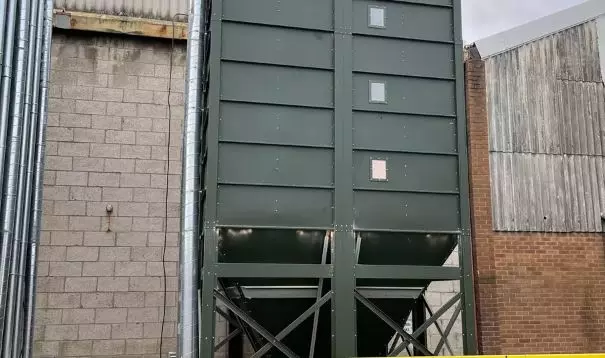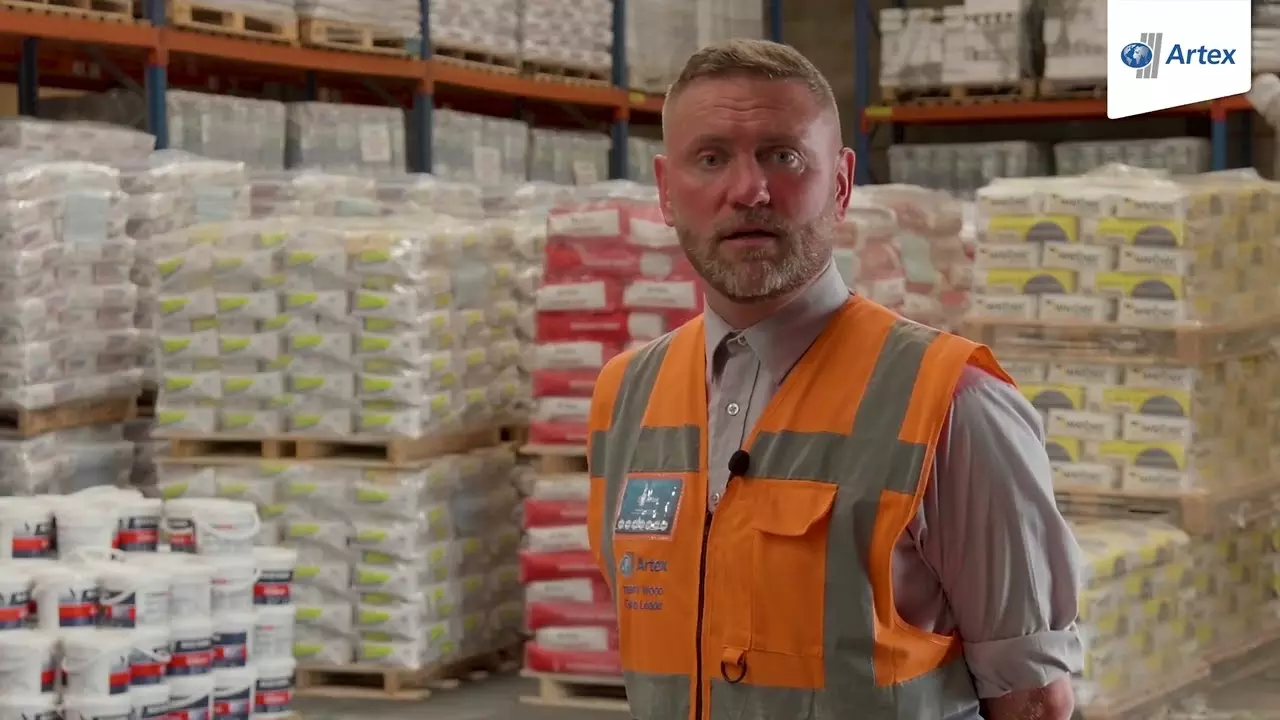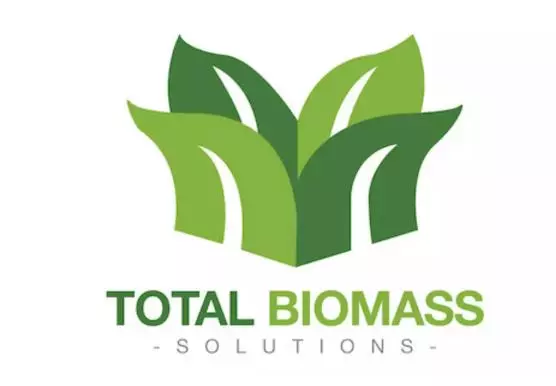Biomass boiler boosts Artex’s sustainability journey

It’s goodbye to diesel heating and inefficient gas boilers at Artex’s Ruddington site. And it’s a warm hello to a new biomass system which will heat the warehouse, offices, and hot water on the site. The wood-pellet fuelled heating system will reduce Artex’s CO2 emissions by 150 tonnes per year, the equivalent to 545,613 miles* travelled in a diesel car. It will improve the working environment for more than 70 colleagues and air quality for the local community.

Mark Thomas, Operations and Supply Chain Director, said: “The biomass system has been in full operation since October and it’s already making a noticeable difference to our colleagues and the community. Investing in biomass plays a huge part in our commitment to become a more sustainable business. “This sustainable heating and hot water solution will remove the majority of fossil fuels from our site and efficiently distribute heat in our warehouse and offices. We use dry wood pellets, created from waste wood (wood products not suitable for or by-products of the timber processing industry).”

Before the biomass boilers were installed, the Ruddington site was heated by diesel, carbon-producing heaters situated in various areas of the factory. The beauty of the biomass boilers is the even distribution of heat in the warehouse, explained Andrew Wood, Managing Director, of Total Biomass Solutions, who supplied and fitted the new system.
He said: “The hot water is pumped around the new heat blowers and then the heat is “exchanged” into warm air in the system, which is distributed through air vents into the warehouse and office central heating systems. “The wood pellets, which have very low moisture content, burn at a very high temperature (800°C) in a chamber, the heat is trapped and circulated in a heat exchanger which is transferred and stored in highly-insulated buffer tanks or vessels which keep the water at a constant temperature,” he added. “There’s no chance of smells or the release of harmful gases as impurities are burnt off due to the high temperature and any particulates are trapped and filtered into ash bins.“Heat is distributed thanks to 48 overhead fan coil units installed around the warehouse, which provide a steady and even stream of hot air.”

Artex secured £300,000 from Saint-Gobain’s internal INVEST Carbon fund in 2021 to support the installation of the biomass system. A community open day earlier this year provided local residents with an insight into how Artex operates and their journey to become a more sustainable site.
Mark ended: “Making a difference to our people, planet and community is important to everyone at Artex. Our community open day allowed local residents to understand how we’re transitioning our site and making sustainable changes. We’ve already conducted air quality surveys which have shown positive results.”
Artex has made huge strides in reducing its carbon footprint. There are plans to switch the HGV fleet to run on hydro-treated vegetable oil and transition company cars to electric/hybrid by the end of 2023. Other sustainable initiatives include replacing forklift trucks with electric alternatives, switching to LED lighting and recycled PPE for colleagues, and replacing the roof in the bulk warehouse to improve energy efficiency.
* Based on the “average diesel car” according to BEIS/DEFRA 2022 data set.
